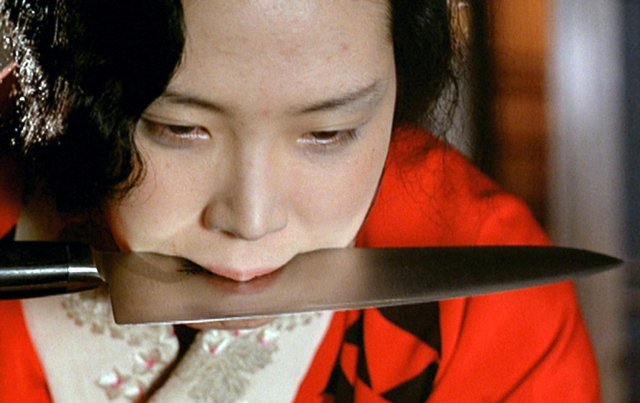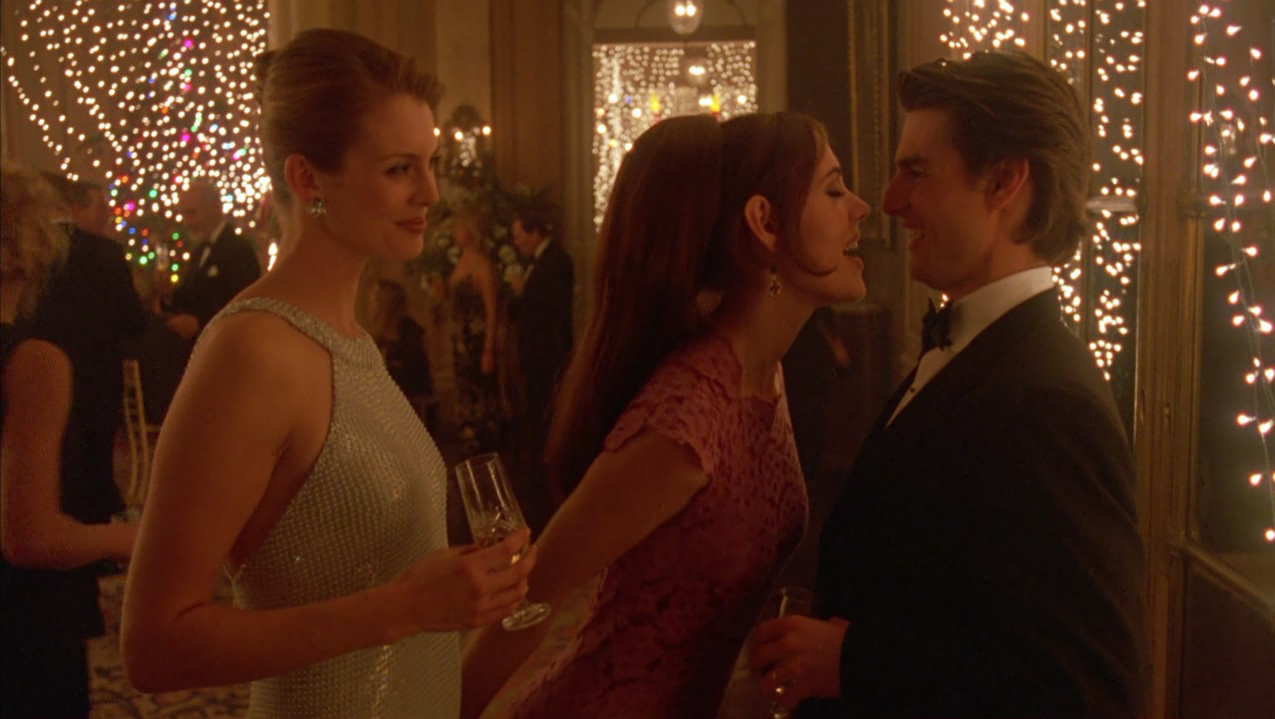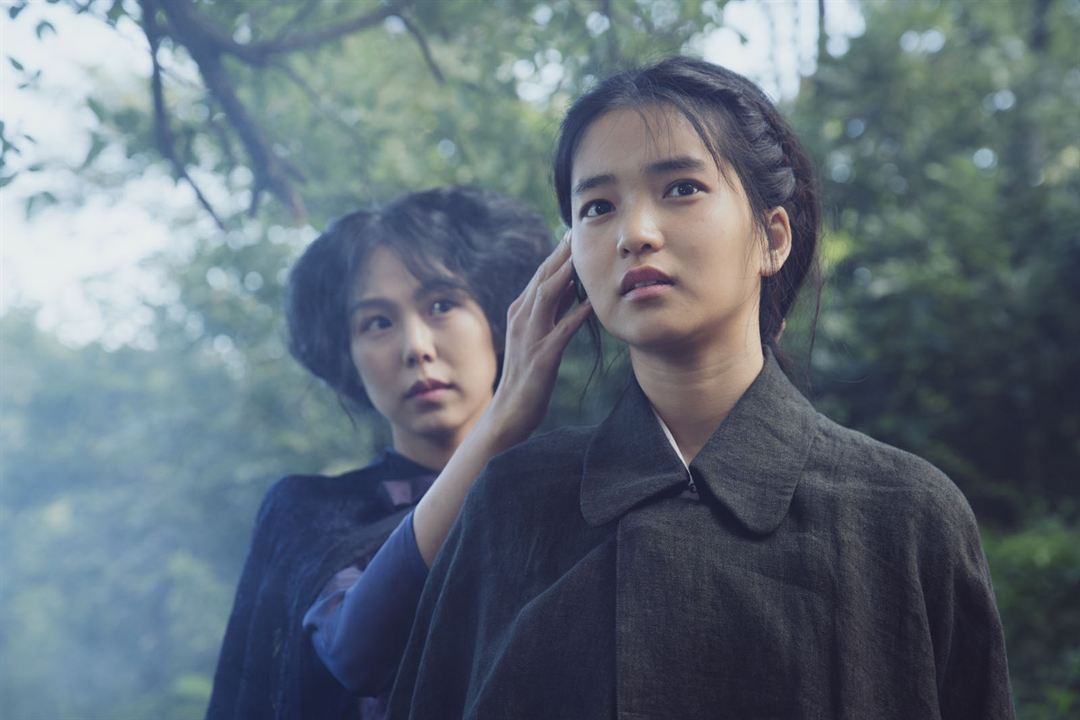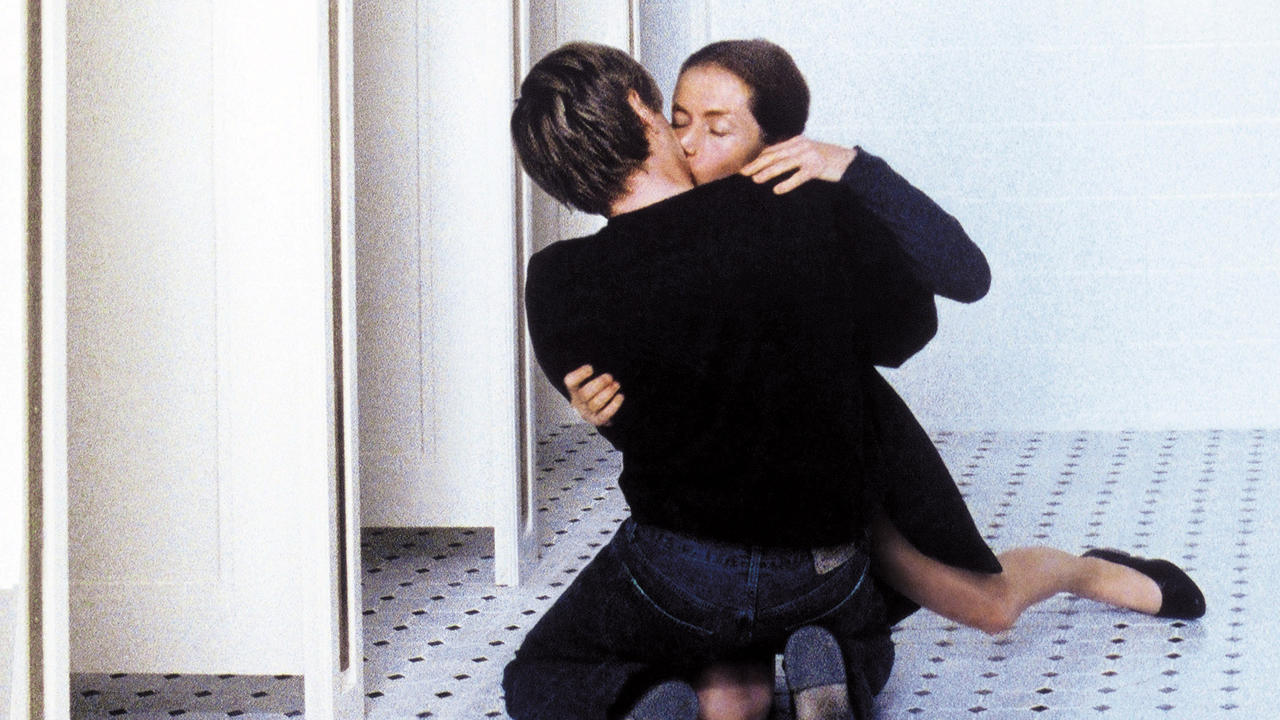5. Last Tango in Paris

What Bertolucci and Brando did during the production of Last Tango in Paris is certainly nothing short of deplorable. With that being said, looking past the inexcusable layer of controversy surrounding the film, there is a certain magic behind the sequence of events in this classic piece of counterculture cinema.
A melancholic tale chronicling the contrasting lives of two distinct individuals at two very different points of time in their life, Last Tango in Paris sees its two masterfully written protagonists find common ground within the sunset-lit realm of their rented apartment. A forbidden world of their own conception, one free from their own perceived notions of cynicism and disenchantment they so wrongful projected onto their world.
Though it is certainly hard to look at the sex scenes without feeling disgust towards Bertolucci, Last Tango in Paris is a film far from exploitation. Sex not only tells the story, it not only drives the characters, it mystifies. It mystifies not only us the audience, but the ever-changing climate of these wistful individuals sauntering around Bertolucci’s timeless representation of Paris in the 70s.
4. In the Realm of the Senses

Perhaps the truest sense of the term “erotic cinema”, Nagisa Oshima’s highly controversial contribution to Japanese cinema of the 70s uses the idea of sex not as a central plot device like the other films on the list. In fact, Oshima doesn’t use sex at all as a tool for the narrative. Sex is the narrative.
A school of thought only thought present in explicit pornography as opposed to actual cinema, In the Realm of the Senses truly serves as a testament to the endless boundaries of art. Complex characterization, intriguing character arcs, beautiful imagery, all of these elements that constitute a decent film are all present in this sexploitation masterpiece.
With a clear understanding of how to truly frame sex, be it through spellbinding performances or haunting cinematography, Oshima truly pushed the limit for how far deep one can explore eroticism before art becomes porn.
3. Eyes Wide Shut

A film that needs no introduction, Kubrick’s swan song sees the master himself tackle yet another genre of cinema. Eyes Wide Shut offers a deeply unsettling exploration into the recesses of a contemporary society built by Kubrick.
The film sees Kubrick venture far into the alluring realm of the surreal. Sex is used as a commodity in this uncanny world. A device explored for the sake of representation of our innermost demons.
Though not a horror in the explicit sense of the word, Eyes Wide Shut dramatizes a far more profound and relatable horror. It challenges our control and understanding of these demons that we hide, it questions what we know about them, it glamourizes their very presence. Then, it asks us. What would we do should these demons enter our daily life?
Seeing two of contemporary Hollywood’s biggest stars play out this inherently Lynchian narrative is not only a cinematic delight to watch unfold, but ironic considering Cruise’s involvement with Scientology.
Though the film paints a hypothetical scenario, there seems to be an underlying layer of truth behind the narrative. A truthful social commentary that de-familiarizes what we assume to be the docile landscape of metropolitan New York into this sinister cesspool where sexual demons thrive and rule. And it is unsettling to note the similarities that reflect our modern society.
2. The Handmaiden

In 2003, Park Chan-Wook shattered expectations for what contemporary South Korean cinema is at that time with his cult-classic Oldboy, a profound Tragedian tale of revenge that defies genre and narrative constraints. In 2015, he outdid himself yet again with a tale that’s equally, if not more gripping, featuring a boundlessly more refined approach towards filmmaking.
The Handmaiden entrances audiences from the get-go with an overwhelming air of mystery. A film built around Park’s signature hypnotic camera which frames the entirety of this nearly 3-hour long experience with enough virtuosity to make even the vilest scenes a work of art.
A masterclass in character perspective, The Handmaiden knows exactly when to play its cards. It certainly starts simple enough, before the narrative spirals out of control to reveal so much character and plot that we most definitely overlooked. It reveals perhaps one of cinema’s most complex characters, one built around the world of sex, subverting our understanding of what we know of her character at almost every major story moment.
There’s a certain wonder to South Korean cinema. The country’s effortless manipulation of genre, sauntering between comedy and thriller, between tragedy and poetry, has never been more evident as it is in The Handmaiden.
1. The Piano Teacher

Most of the films on this list feature the element of sex as a hyperbolic plot device to represent lust in character. A representation of lust that leads to a plethora of interesting characterizations. Michael Haneke’s The Piano Teacher on the other hand, interprets it as a strong element to reveal vulnerability. Vulnerability projected on characters that otherwise are without.
Juxtaposing elements of classical music with sexual dominance, The Piano Teacher is one truly subversive experience. How important is love to us? Are we as strong-headed as we truly perceive ourselves to be? When it comes to love, no matter how grotesque its outward presentation may seem, prepare for what we think we know about humanity’s greatest mystery to be completely overturned.
Haneke is perhaps one of modern cinema’s masters in understanding audience. His films exemplify a heightened degree of who we are and how we feel at any given point of time in the film. In the case of The Piano Teacher, Haneke doesn’t use his familiar themes of media to manipulate us. He uses sex. He exaggerates the depravity of the situation. He uses it to disgust us. To disgust us not from the film itself, but from the truth.
The truth that love is built on banal things.